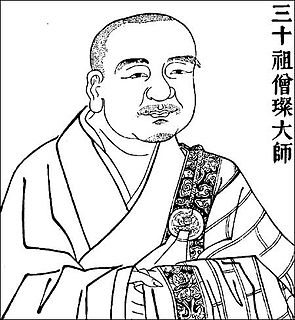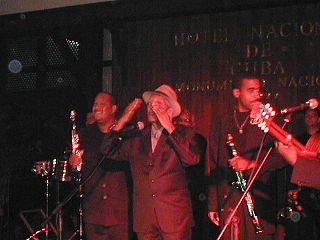A Quote by Neale Donald Walsch
A master blesses calamity, for the master knows that from the seeds of disaster (and all experience) comes the growth of self.
Related Quotes
A disciple came to the celebrated Master of the Good Name with a question. “Rabbi, how are we to distinguish between a true master and a fake?” And the master of the good name said, “When you meet a person who poses as a master, ask him a question: whether he knows how to purify your thoughts. If he says that he knows, then he is a fake.
All you have to do is go back to slavery - days, and there were two types of slaves, the house slave and the field slave. The house slave was the one who believed in the master, who had confidence in the master and usually was very friendly with the master. And usually he was also used by the master to try and keep the other slaves pacified.
The difference between the novice and the master is simply that the novice has not learnt, yet, how to do things in such a way that he can afford to make small mistakes. The master knows that the sequence of his actions will always allow him to cover his mistakes a little further down the line. It is this simple but essential knowledge which gives the work of a master carpenter its wonderful, smooth, relaxed, and almost unconcerned simplicity.



































